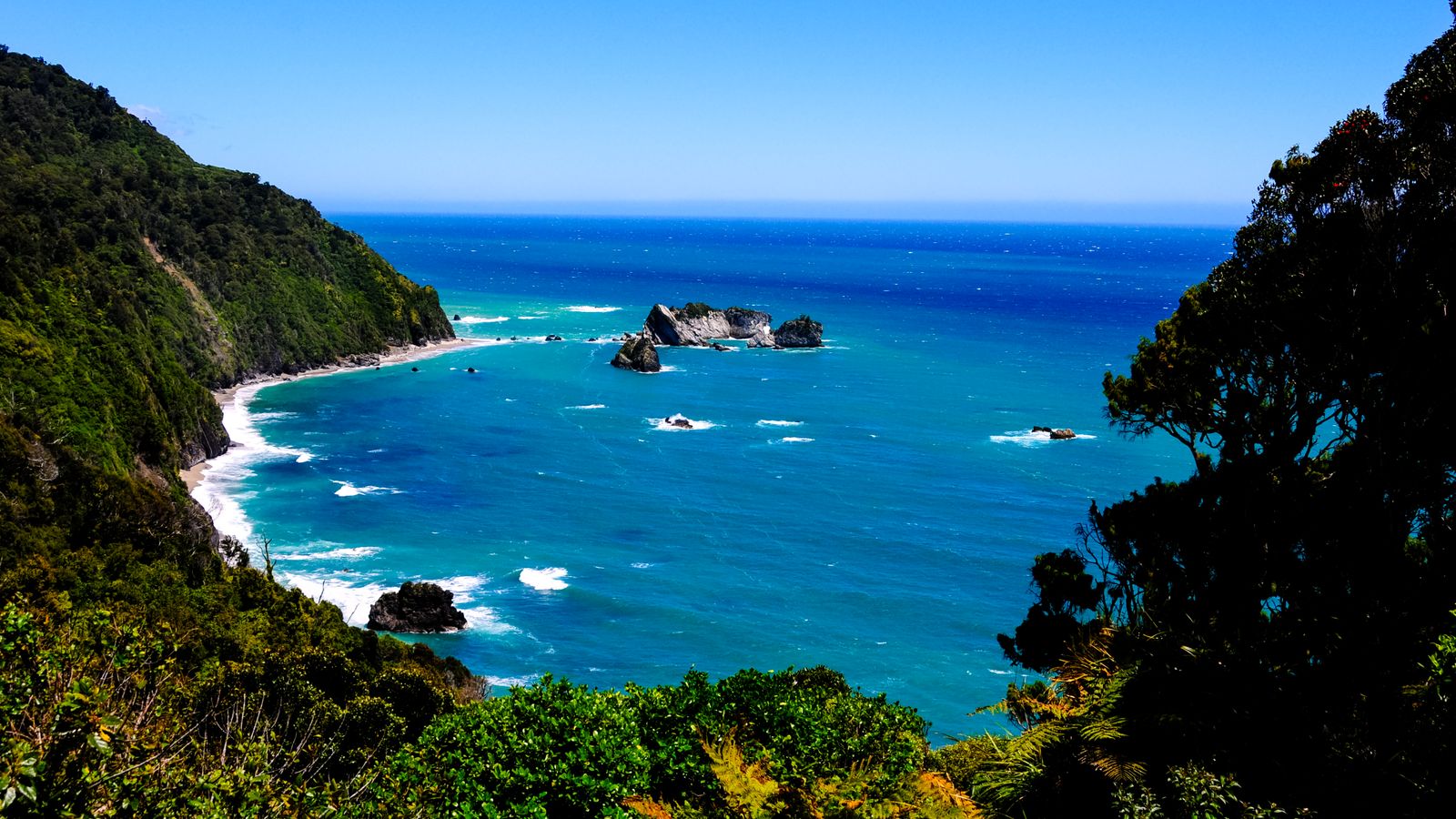A job boasting free housing, a daily commute that may involve a jet boat, and working in one of the world’s Unesco heritage sites is struggling to find applicants.
New Zealand’s Department of Conservation (DOC) has been forced to widen its search for a new biodiversity manager in Haast, on the remote coast of the South Island, after only receiving three applications, according to reports.
Based in Te Wahipounamu, the successful candidate will be responsible for protecting endangered animals such as Haast tokoeka kiwi, penguins and lizards across the 26,000 sq km site.
Filled with mountain ranges, beaches and forests, parts of the heritage site are only accessible by helicopter or jet boat and about 200 people live there.
“Haast is an extremely special place to live, surrounded by mountains and ocean, with endless activities for an outdoor enthusiast,” reads the job advert.
“The team recently discovered a new population of Haast tokoeka kiwi to the south of Haast, showing that this vast area of wilderness still holds a few secrets to uncover.”
Operations manager for the DOC in the South Westland Wayne Costello told news outlet Stuff that the job is “spectacular” but “it is not for everyone”.
New Zealand farmers drive tractors on motorways to protest ‘burp tax’ levy on animals
Nearly 500 whales die in ‘heartbreaking’ New Zealand strandings
New Zealand government plan to tax cow and sheep burps faces backlash
With the nearest supermarket two hours away, and the closest hospital around a four-hour drive away, the role is pretty isolated.
“You’d have to be self-reliant and be able to work in the outdoors. If you’re interested in opera and theatre, it’s probably not for you,” Mr Costello said.
The salary being offered is in the range of $72,610 – $92,780 (£36,546 – £46,699), but despite all that, the job has failed to attract any significant interest.
More than 20% increase in job listings
Speaking to the New Zealand Herald, chief executive of Development West Coast Heath Milne said the area is seeing the same labour shortages as the rest of the country following the COVID-19 pandemic.
“We’ve currently at around 60% of pre-pandemic visitor numbers,” said Mr Milne.
“Working holidaymakers are back in the country, but they always take a while to find their way to the coast.”
Read more from Sky News:
‘Whale overturns small boat’
Vampire flies threatening ecosystem
Bizarre wildlife in Britain’s woods
Earlier this month, the West Coast’s regional development agency released a new campaign looking for people to come and work for its local businesses.
“The coast is a special place that attracts a special kind of person, and we’re on the hunt for a few more of them to fill some great jobs,” Mr Milne said in a statement.
“We’re looking for people who are sick of the crowds, cars, and commercialism of the city, and would prefer a bit more space.”
Across New Zealand, many areas have reported labour and skills shortages, with job ad site SEEK reporting a 27% increase in job listings on the West Coast over the past year.








